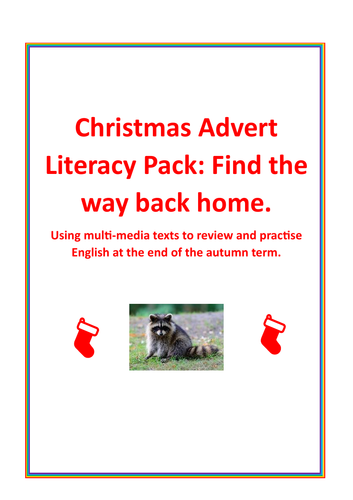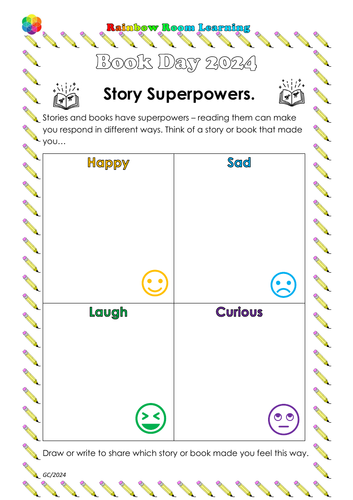Rainbow Room Learning
Hi, welcome to my shop. I have been a primary teacher for 34 years and have a wide range of experience in different roles. I have been a senior leader in schools and most recently a SENDCO for 10 years. I am posting resources that I think will be helpful for SENDCOs, class teachers or even parents and home educators. I am new to this - so please do send reviews to help me improve - or requests if there is something you think I might be able to create that you would find helpful.





















